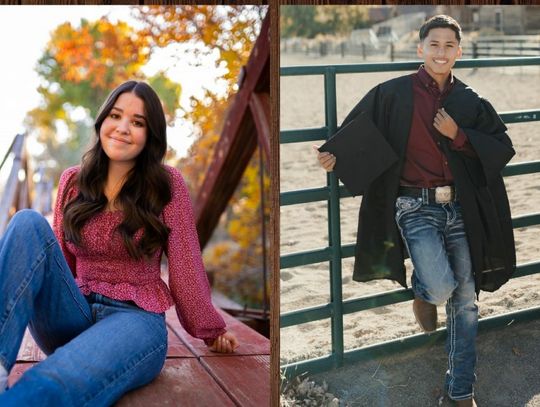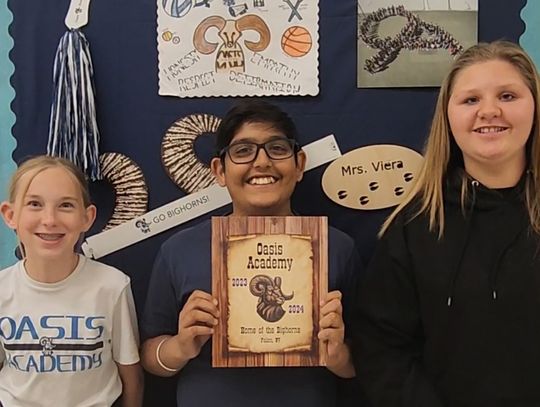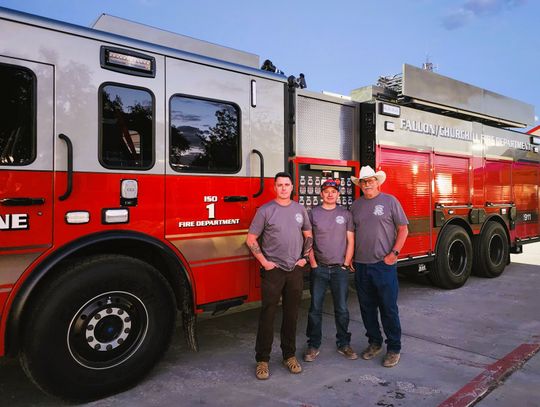I enjoy many things about living in a small town–and not just any small town, but this one in particular. I love how connected people in our community are to one another.
On a trip to Safeway last week, I bumped into friends who provided feedback about past articles and ideas for new articles. Perhaps most pressing was a request for assistance with preparing a chunk of local lamb that currently resides in a freezer, as I am not sure what part of the lamb it is, we will talk about them all.
Cuts to Cook High and Fast
(Rib, Sirloin, Tenderloin, Short Loin, Flank, Top Round)
These premium cuts of meat benefit from dry cooking at high temperatures and are served to the preferred doneness of the diner. You might know these cuts by the names rack, filet, rump, strip, porterhouse, bavette, or plate. The short loin of an animal gives us New York strip steaks, T-bones, and Porterhouses.
When preparing any of these cuts, choose a cooking method that involves high heat. Fire up your grill or use a skillet on the stovetop. Season liberally with salt and pepper or your own signature blend of herbs and spices. You can finish these cuts in the oven to reach your desired doneness. Core internal temperatures for different levels of doneness are as follows:
Rare - 125°-130°
Medium Rare - 130°-140°
Medium - 140°-150°
Medium Well - 150°-160°
Well - 160°+
While these temperatures are listed as a range, always err on the lower side because you can always cook meat a little longer but it’s impossible to uncook the meat.
Cuts to Cook Low and Slow
(Chuck, Plate, Brisket, Bottom Sirloin, Round, Shank)
These cuts benefit from cooking low and slow, to a much greater level of doneness. The two factors that make these cuts ideal for pot roasts, stews, low roasts, and braises are their size and the amount of connective tissue throughout the muscle. When you heat connective tissue or collagen to 140° it starts to turn into gelatin. This process peaks around 185°. If you want to enjoy a cut of meat that has connective tissue in it, you will want to cook it well done or you will spend a lot of time chewing.
You might be familiar with these by the names rump, blade or shoulder roast, short rib roast, brisket, bottom round, shank steak, or leg.
Rules Have Exceptions
The bottom sirloin or rump roast can be cooked as a roast and it can be grilled or broiled, typically known as a tri-tip. The flank steak is deliciously grilled or braised when prepared as fajitas or London broil. And the shank can be slow-cooked like osso bucco or roasted to medium rare like a leg of lamb.
Slow-Roasted Leg of Lamb
INGREDIENTS:
2 T extra-virgin olive oil
3 medium cloves garlic, minced
1 medium shallot, minced
2 T finely chopped fresh rosemary leaves
1 T zest from 1 lemon
1/2 t red pepper flakes
2 T kosher salt
1/2 t freshly ground black pepper
1 whole butterflied boneless leg of lamb, carefully trimmed of internal fat and connective tissue, (10 to 12 pounds)
DIRECTIONS:
Adjust oven rack to lower-middle position and preheat oven to 275°F (135°C). Heat olive oil in a small saucepan over medium heat until shimmering. Add garlic, shallot, rosemary, lemon zest, and red pepper flakes. Cook, stirring occasionally until shallots and garlic are softened, about 5 minutes. Transfer to a small bowl. Add salt and pepper and mix with a fork to combine.
Rub half of mixture inside butterflied lamb leg. Roll leg and tie securely at 1-inch intervals with butcher’s twine. Rub remaining mixture over exterior of lamb. Cook immediately or let rest uncovered in the refrigerator for up to one night for best flavor and texture.
When ready to cook, place lamb on a wire rack set in a foil-lined rimmed baking sheet. Transfer to oven and roast until an instant-read thermometer inserted into coolest section of lamb registers 125°F to 130°F (52° to 54°C) for medium-rare, 130°F to 135°F for medium (54° to 57°C), 3 to 3½ hours. Remove from oven and let rest for 40 minutes.
While lamb is resting, increase oven temperature to 500°F (260°C). Return lamb to oven and roast until exterior is deep brown and crisp, about 15 minutes. Remove from oven and let rest 5 minutes. Remove twine with kitchen shears, transfer lamb to cutting board, slice into ¼ inch slices, serve.










Comment
Comments